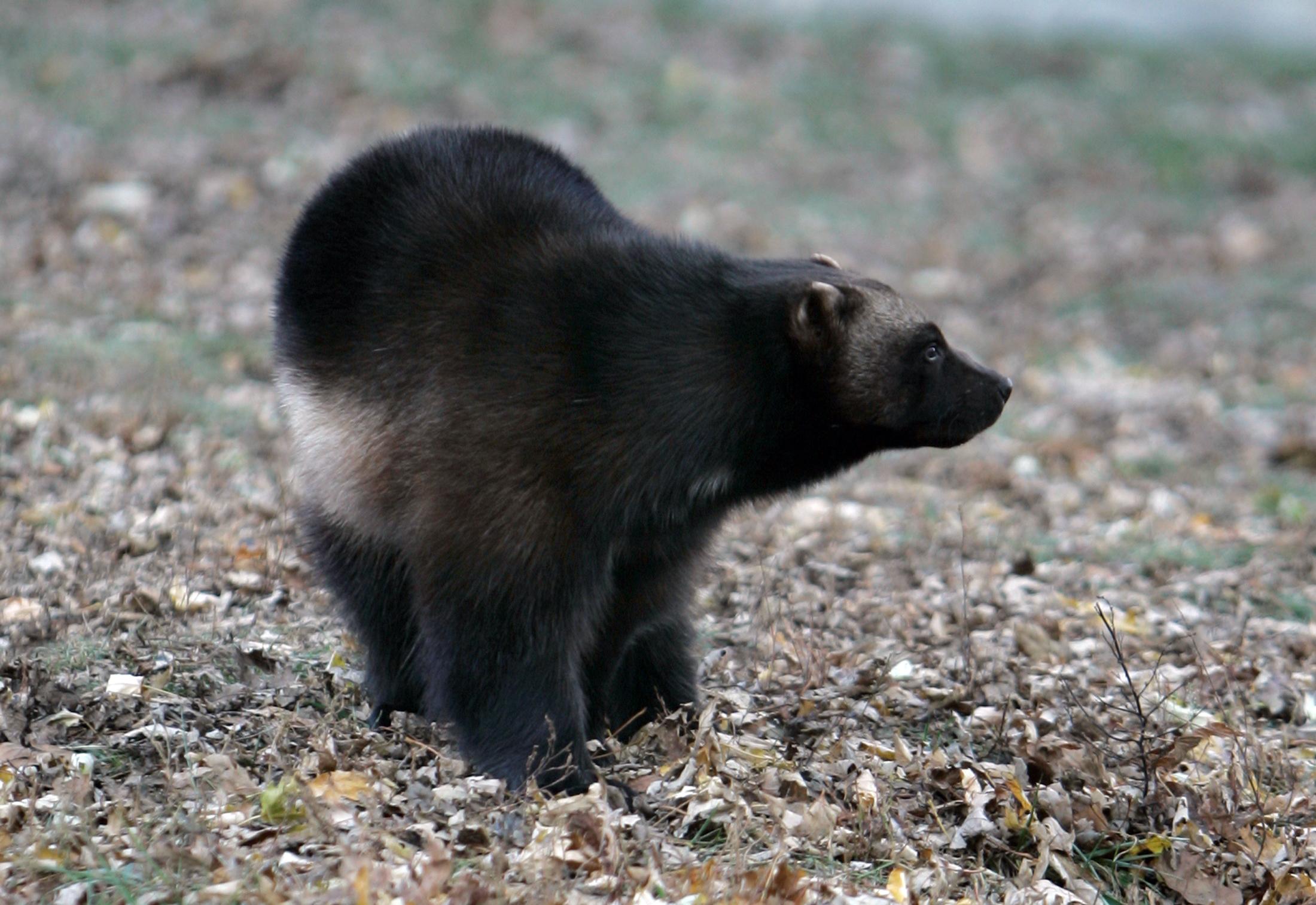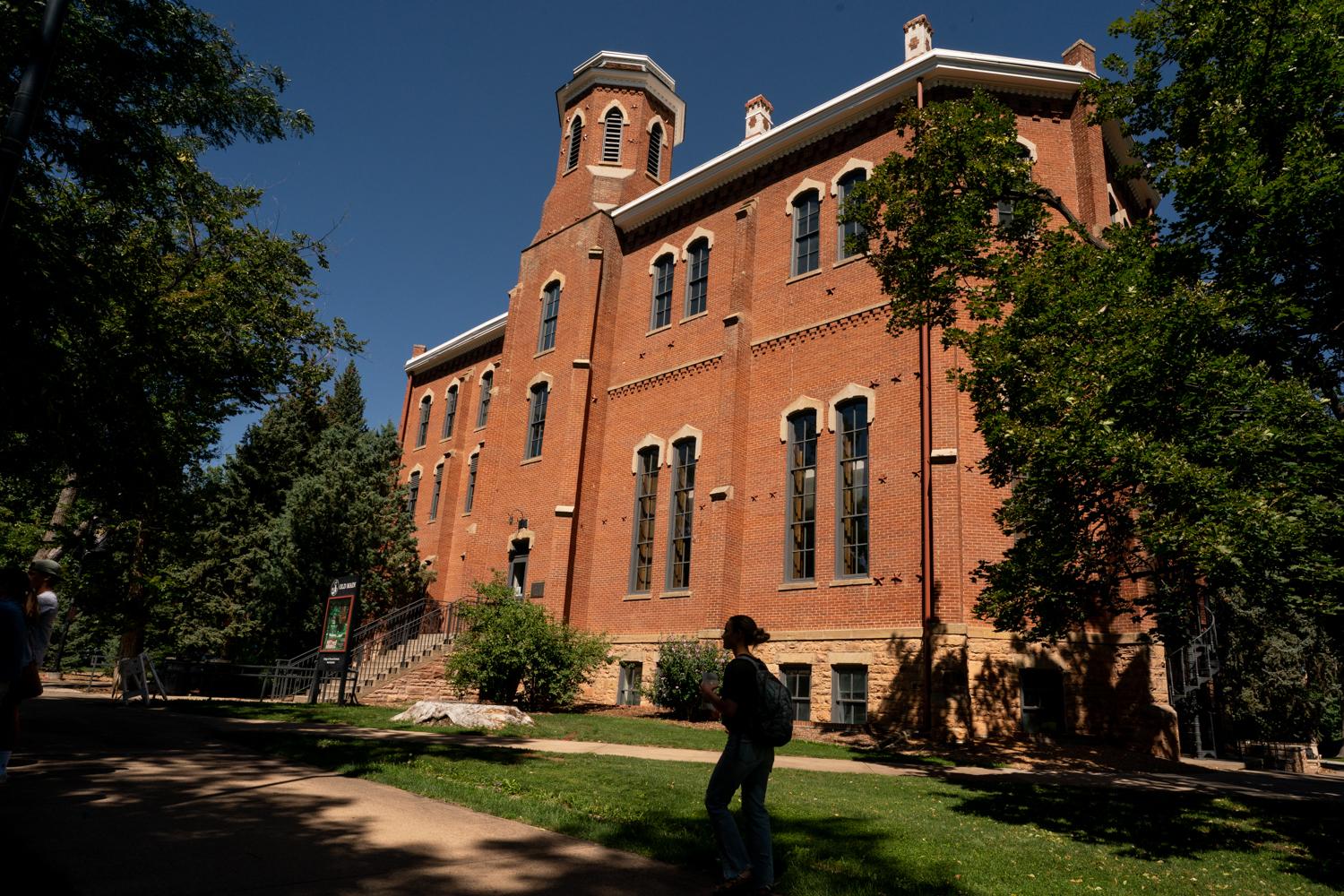
Colorado is one step closer to returning the largest terrestrial member of the weasel family to the Centennial State. The Senate Agriculture and Natural Resources Committee forwarded the bipartisan bill on a 5-2 vote.
Colorado Parks and Wildlife has considered reintroducing wolverines to the state for years. The cold-weather carnivores were largely extirpated from the state in the early 20th century. State Sen. Perry Will, a New Castle Republican and a former Colorado Parks and Wildlife game warden, sponsored SB24-171 along with Democratic State Sen. Dylan Roberts.
“Colorado has an opportunity to lead the way in restoring the species to some of its best remaining unoccupied habitat,” Will told the Senate Agriculture and Natural Resources Committee on Thursday.
Colorado is considered an ideal location for relocating the North American wolverine, a threatened species. Jake Ivan, a wildlife research scientist with CPW, said about 20 percent of the remaining suitable habitat for wolverines in the Lower 48 is in Colorado.
Several industry representatives for Colorado agriculture operators spoke in opposition to the bill, with many of them using the opportunity to re-raise the issue of wolf reintroduction. In contrast to the wolverine push, wolves were reintroduced in late 2023 by way of a ballot initiative that was narrowly approved by voters in 2020. The phrase “ballot box biology” was regularly used during Thursday’s hearing.
“CPW is still trying to work through releasing wolves and rebuilding damaged relationships with ag and sportsman groups,” Bonnie Brown, executive director of the Colorado Wool Growers Association, said.
Wolverine attacks on livestock are rare, experts say, though there have been at least two instances in which a wolverine attacked sheep. SB24-171 states the “Parks and Wildlife Commission must adopt rules for the compensation of owners of livestock for losses caused by the North American wolverine.”
Brittany Dennison, membership and program coordinator for the Colorado Livestock Association, raised another concern. She said members of the association worry bringing a threatened species to the state could have unintended consequences for ranchers who might be subject to Endangered Species Act requirements.
“We are also concerned about unintentional takings with the reintroduction becoming a noose to hang the industry with, thus infringing on private property rights of farmers and ranchers alike,” Dennison said.
Roberts said the legislation would require a special waiver from the U.S. Fish and Wildlife Service that relates to “nonessential experimental populations.” A 10J waiver allows for certain incidental harm to endangered species that were introduced to new areas as a means of protecting landowners operating in places where new species are being reintroduced, according to the Fish and Wildlife Service.
“We have put in several appropriate guardrails into this legislation. So, per the bill, as long as the wolverine remains on the list of threatened or endangered species pursuant to federal law, CPW will not reintroduce species into Colorado — will not reintroduce wolverines into Colorado — until we have received a 10J waiver from the U.S. Fish and Wildlife Service.” Roberts said.
That rule was an important consideration for ski area operators, whose terrain overlaps with the cold-weather, high-alpine environments favored by the wolverines.
“Ski resorts and wolverines share many similarities,” Jamie Caton, who spoke in favor of reintroduction on behalf of Vail Resorts, said. “In terms of habitat requirements, just as our resorts thrive in snowy mountainous regions, wolverines also prefer these high-altitude environments. It was critical to recognize and account for these similarities to allow a future thriving wolverine population to coexist with Colorado's nation-leading ski industry.”
If passed, the bill would not prompt an immediate release of the animals. Parks and Wildlife staff are still working to secure possible relocation populations and an environmental study would be required first.
“It's important to remember if this bill passes and the governor signs it, there will not be wolverines reintroduced the next day,” Roberts said. “That is not the process that's set forth. We are many years off.”SB24-171 comes with a price tag of around $800,000. With passage from the Agriculture and Natural Resources Committee, it now heads to the Committee on Appropriations.








